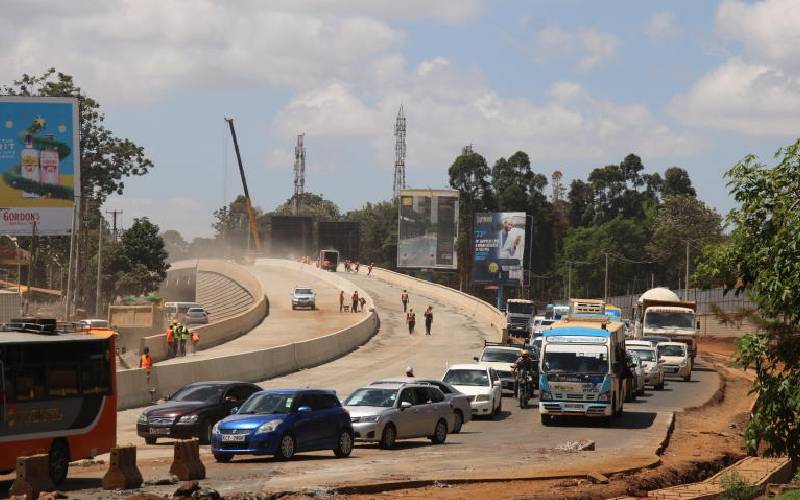×
The Standard e-Paper
Stay Informed, Even Offline

A section of the Nairobi Expressway along Waiyaki Way on January 20, 2022. [David Gichuru, Standard]
Taxpayers could fund shortfalls arising from the failure of toll roads to meet financial obligations owed to contractors.